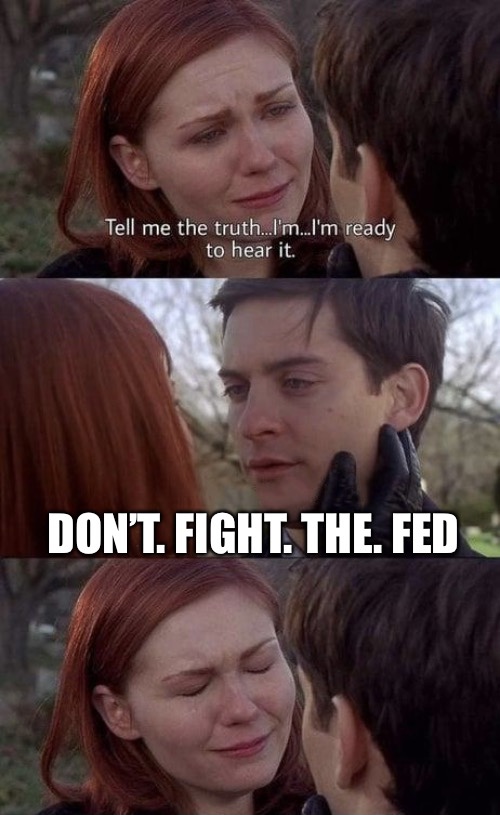Joseph Politano of Apricitas Economics joins the podcast to discuss his views on the various discrepancies in the global economy — and how the whole thing may play out.
Content Highlights
- US home prices could be due for more declines, based on how housing starts and interest rates have been trending (2:15);
- How much of the strength of the labor market is due to interest rate hikes not having taken full effect yet? (4:09);
- Expecting a ‘mild recession’ may be as naive as anticipating a ‘soft landing’ (8:44);
- Traditional leading indicators are out of synch, with manufacturing employment dropping precipitously but the services sector going from strength to strength (13:30);
- The Fed may have already overdone it with interest rate hikes (14:57);
- The ‘best case’ scenario may be akin to what happened in 1995-96 (18:15);
- Background on the guest (22:23);
- What to (possibly) expect from Fed policy the rest of 2023 (27:29);
- Watch Japan’s monetary policy as well (34:17);
- What about cryptocurrencies as a systemic risk? (39:08);
More on Joseph Politano
- Website: Apricitas.io;
- Twitter: @JosephPolitano.


